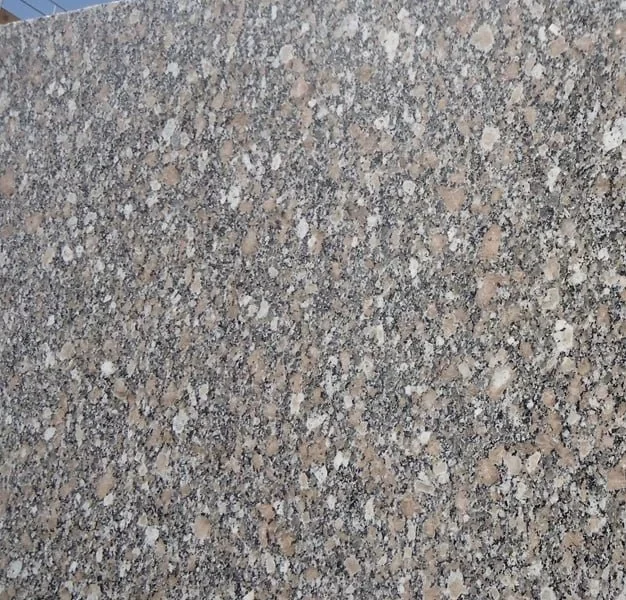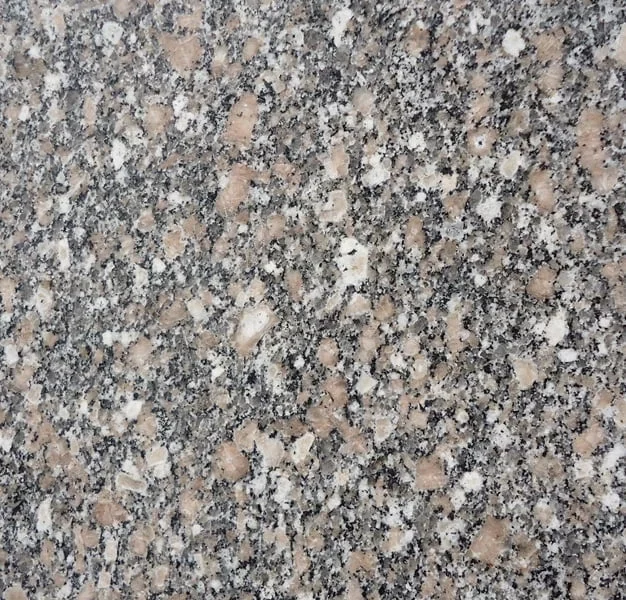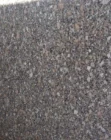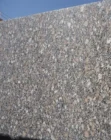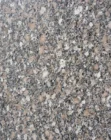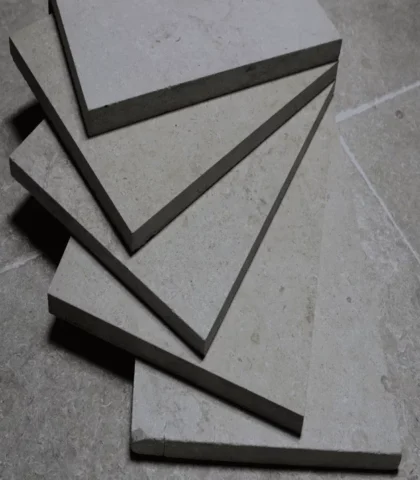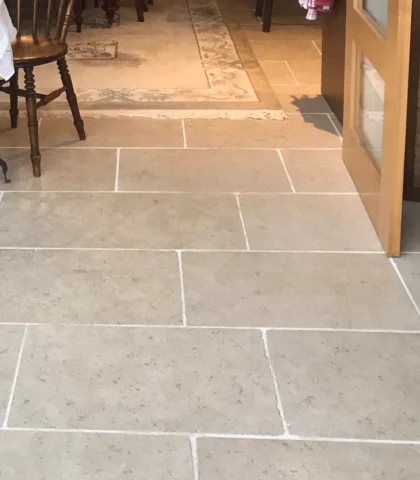Giandola Aswan grey granite 3 top Egyptian granite colors
Giandola Aswan is a Granite. It comes from Aswan Quarries and other quarries in Egypt.
Three of the best Egyptian granite colors are Giandola Aswan grey.
Giandola Aswan grey granite is a diverse mixture of colors and unrivaled durability is what Egyptian Granite is famous for.
Both interior and outdoor use are appropriate with Giandola Aswan Granite.
Giandola Aswan granite is a stunning natural material that gives your home a luxurious feel.
Giandola Aswan provides a room with a sophisticated impression while maintaining the toughness of one of the hardest natural stone surfaces. It may be used in a variety of building projects.
Giandola Aswan grey granite the cool tone of Silver Grey Granite Paving is extremely high-quality granite stone. Dark gray Giandola Aswan granite paving slabs are hard-wearing natural stone that is most suitable to apply in garden areas and patios. The stunning range of granite worktops and grey granite kitchen countertops colors Grey Ginadola is considered the top Granite types in Egypt.
Giandola Aswan Granite Tiles come in a variety of shapes and sizes (small and large sizes), Most commonly the small sizes are used in home kitchens whereas the large tiles are used in commercial buildings … It can be an amazing choice for your floor and countertops, as it will be a perfect choice to be applied in:
- Granite Worktops
- Grey granite worktops
- Granite kitchen countertops
- Fantastic Range of Granite Worktops
- Stairs
- Living room
- Outdoor Landscaping
- Kitchen
- Walls
- Countertops
with different finishes such as (Polished, Unpolished, Split Face, Honed, Sandblasted, Striped, and Flamed), and granite slabs are used for cooking surfaces.
Giandola Aswan grey granite, which originates in Aswan and is well-known around the world, is noted for its exceptional quality, distinctive color, and extreme hardness.
Giandola Aswan is renowned for having a light-gray and white graining texture that is well suited for both indoor and outdoor uses.
It also has a number of advantages including:
- Entirely natural beauty
- Luxurious yet practical
- Extremely durable
- Ideal worktop material owing to variety of looks, styles and investment value
- Available in a wide array of colors, thicknesses, and finishes
- Easy maintenance
- Naturally resistant to staining and scratches
- Appropriate for areas used for food preparation
- Distinctive appearance
- Simple to install and clean
- Low maintenance
Naturally resistant to staining and scratching
- Suitable for food preparation areas
- Unique appearance
- Easy to install and clean
- Low maintenance
Granite:
The name “granite” actually derives from the Latin word “granum,” which refers to a coarse grain. They thought the stone’s distinctive designation came from its coarse-grained texture.
Granite is, in a subtle way, second to diamond in terms of hardness among natural materials.
They commonly believed that granite is a light-colored igneous rock with granules that are actually visible to the human eye. Granite can accept a superb polish and is tough enough to resist abrasion, sturdy enough to support some weight, and inert enough to truly resist weathering.
It actually forms as magma slowly crystallizes beneath the Earth’s surface. Granite in particular is consistently big, tough, and huge in a subtle sense (i.e., lacking any internal structures). Because of these qualities, granite has been a popular building material throughout human history.
It has essentially taken over as the material of choice for modern luxury homes and companies because to its timeless beauty and the fact that no synthetic material can now equal its elegance and performance.
Granite is assumed to be the oldest igneous rock on the globe, even though it may have first formed gradually as long as 300 million years ago.
The term “plutonic” refers to granite, which is a rock that forms somewhat beautifully and deeply underground. The majority of the planet’s continental crust, or a sizable portion of it , is composed of granite . Since the Ancient Egyptians, granite has been used in construction, which is typically very substantial.
These qualities made granite slabs the most suitable slabs for kitchen counters, outdoor paving, and stair treads.
Egyptian granite:
Egyptian granite was one of the earliest materials that the pharaohs cut and used in ancient Egypt. It was employed in the creation of Egyptian statues and artefacts in order to distinguish it in color and hardness from the other sorts.
Feldspar, quartz, mica, and amphibole minerals make up the majority of the minerals in granitic rocks. These minerals combine to form an interlocking, somewhat equigranularity matrix of feldspar and quartz with sporadic darker biotite mica and amphibole (often hornblende) minerals dotting the lighter color minerals. Depending on their composition, granites might have a primary color that is white, pink, grey, or black.


